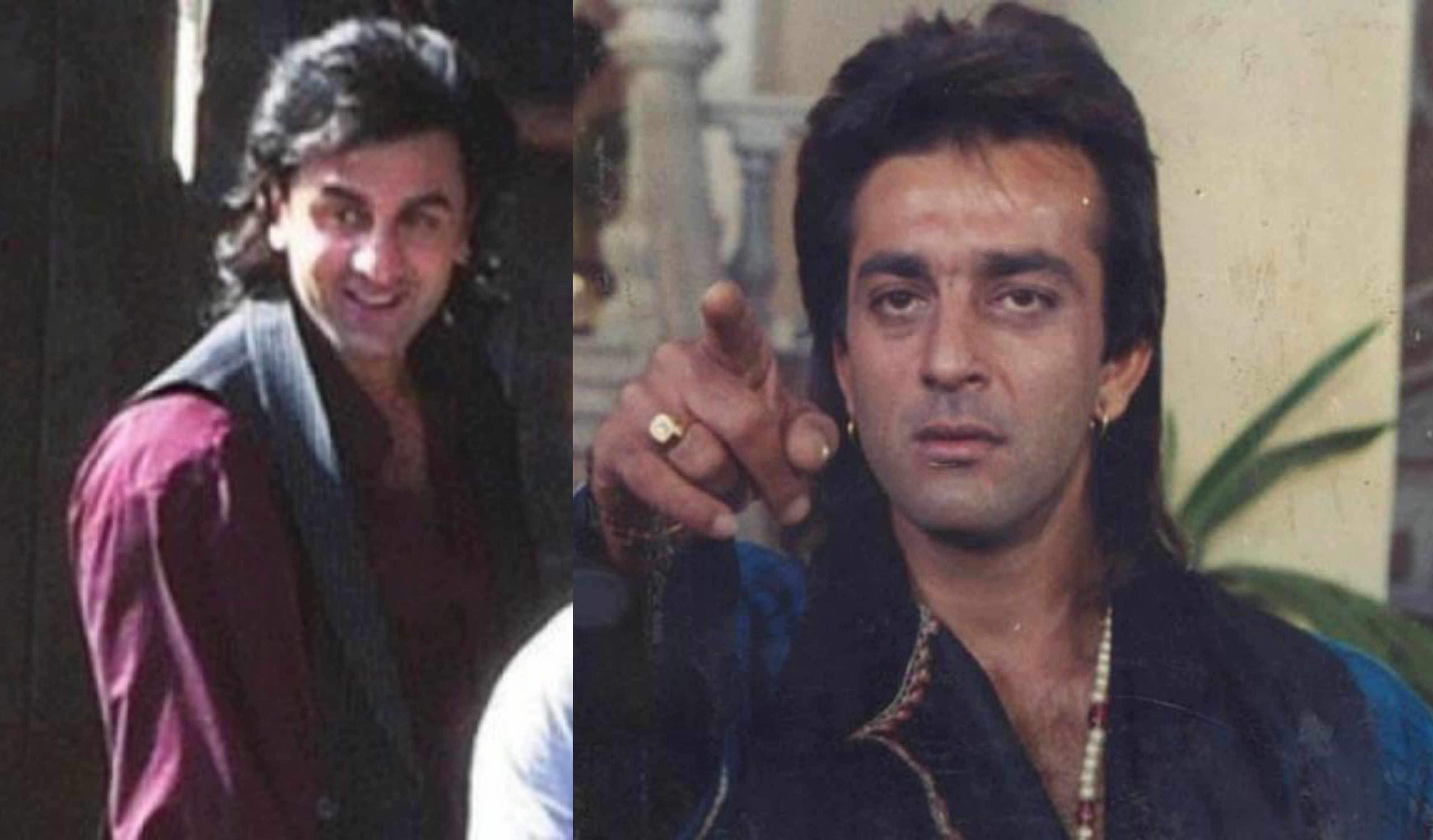Director: Anurag Singh
Cast: Akshay Kumar, Parineeti Chopra, Jaspreet Singh
In Quentin Tarantino’s Inglorious Basterds, the fictional Joseph Goebbels holds a premiere of his film in a Paris movie theatre where almost all the action in the third act takes place. The film within the film isn’t given any importance, it is regulation propaganda film premiere for Hitler and the Nazi high command to attend and enjoy. But like everything else in Tarantino’s film, it is a biting parody where the bravery of one Nazi soldier played by Danier Bruhl is reinforced and celebrated with him perched alone in a watchtower and taking down swarming enemy soldiers all by himself. It’s like watching the same couple of frames on loop. Someone at Dharma Productions along with Anurag Singh and Girish Kohli, who share screenplay credits, got the genius idea to make a serious film out of this parody, based on the 1897 Battle of Saragarhi where 21 Sikh soldiers took on 10000 Pathans. The film in Inglorious Basterds is titled ‘Nation’s Pride’. Anurag Singh’s directorial is titled Kesari – saffron – and is made for similar reasons – to celebrate those brave soldiers which would be alright, but it also comes with its share of chest beating, saffron pride and dollops of Islamophobia to go with it.
The opening sequence in Kesari has a lot going on. Havaldar Ishar Singh (Akshay Kumar) is explaining political intrigue of the time with some terrible analogies to his fellow sergeant. He uses a volatile triangular relationship of a husband, wife and a paramour to explain the roles of the British, the Pathans/Afghans and the Russians. The Sikhs are apparently the wedding guests, to dance on command, in the commemorative union of these three forces. Soon, they see a group of Pathans leading a solitary woman, wounded and with blood around her lips, to her death for she refused to live with her wedded husband. Ishar Singh strikes, disobeying orders from his British commander, for his part of the world does not treat women like that.
This is brought up several times – a Pathan mullah says that if we don’t stop their charge now then they’ll let our women roam around in the open like theirs. There is a helpful namedrop of jihad and a seemingly innocuous question about repeatedly using Allah’s name. According to the film, there have been only two oppressors in the Indian subcontinent – the Mughals and the British. Kesari has only one purpose – to paint the Pathans as savages, othering them in the name of both violence and as perpetrators of all things unjust or immoral with only one solution offered to all of it – saffronisation.
Does Kesari work as a piece of cinema? It’s 150 minutes run-time is unpardonable. Zoller (Bruhl in Inlgorious Basterds) dispassionately shooting at unseen soldiers for two hours would be more interesting than what Anurag Singh fashions in the name of cinema. All the tropes of a war film that we’ve seen from J P Dutta are used, some that feel like they are as old as the Battle of Saragarhi. A man who had to report to duty before spending the wedding night with his wife, a soldier with a new born at home whose turmeric greased hands have formed an imprint on paper, a nineteen-year-old boy who is more a messenger than a soldier. There is even lip service to casteism with an underprivileged man among the 21 soldiers in the regiment at Saragarhi. Little in cinema of recent years has been more disingenuous than this part. Ishar Singh has a wife played by Parineeti Chopra who appears only in Ishar’s hallucinations. We don’t even know if she’s dead or alive and in the final portions, she walks between a crowd of Pathan soldiers the way Rani Mukherjee’s ghost did in the end of Kuch Kuch Hota Hai. I won’t blame you if you were confused about who died here.
Recommended
Politics and mood of a time informing art and culture is not brand-new information. But decades later, if we survive this onslaught, we’ll look back at these years as a period in which pop culture was bent at will, replaced by nationalism and chest beating. It might look like overreach, but it is calculated and cunning, the way it instils manufactured pride and sows the seeds for hate, going by the spontaneous applause that broke out at the end of Kesari. Long after all this is over, we’ll do good to remember films like Anubhav Sinha’s Mulk over Anurag Singh’s Kesari.
*****
The Kesari review is a Silverscreen original article. It was not paid for or commissioned by anyone associated with the movie. Silverscreen.in and its writers do not have any commercial relationship with movies that are reviewed on the site.



